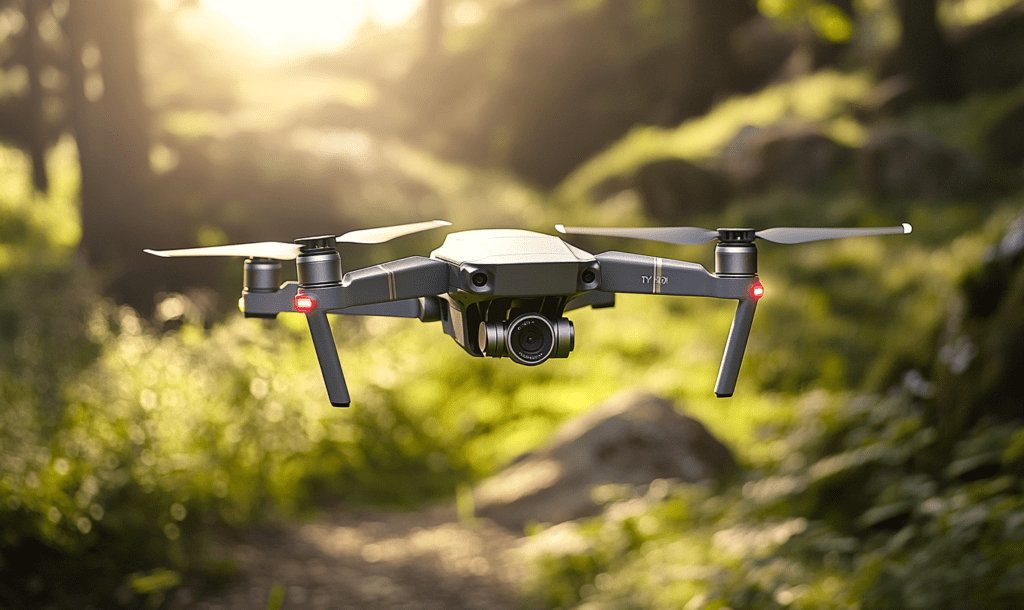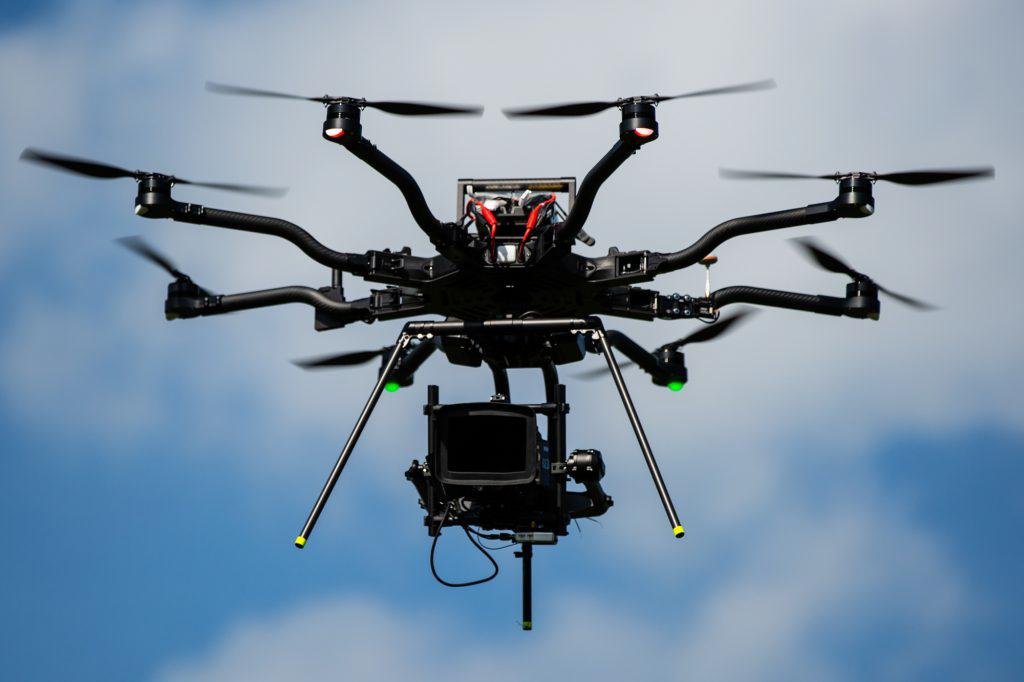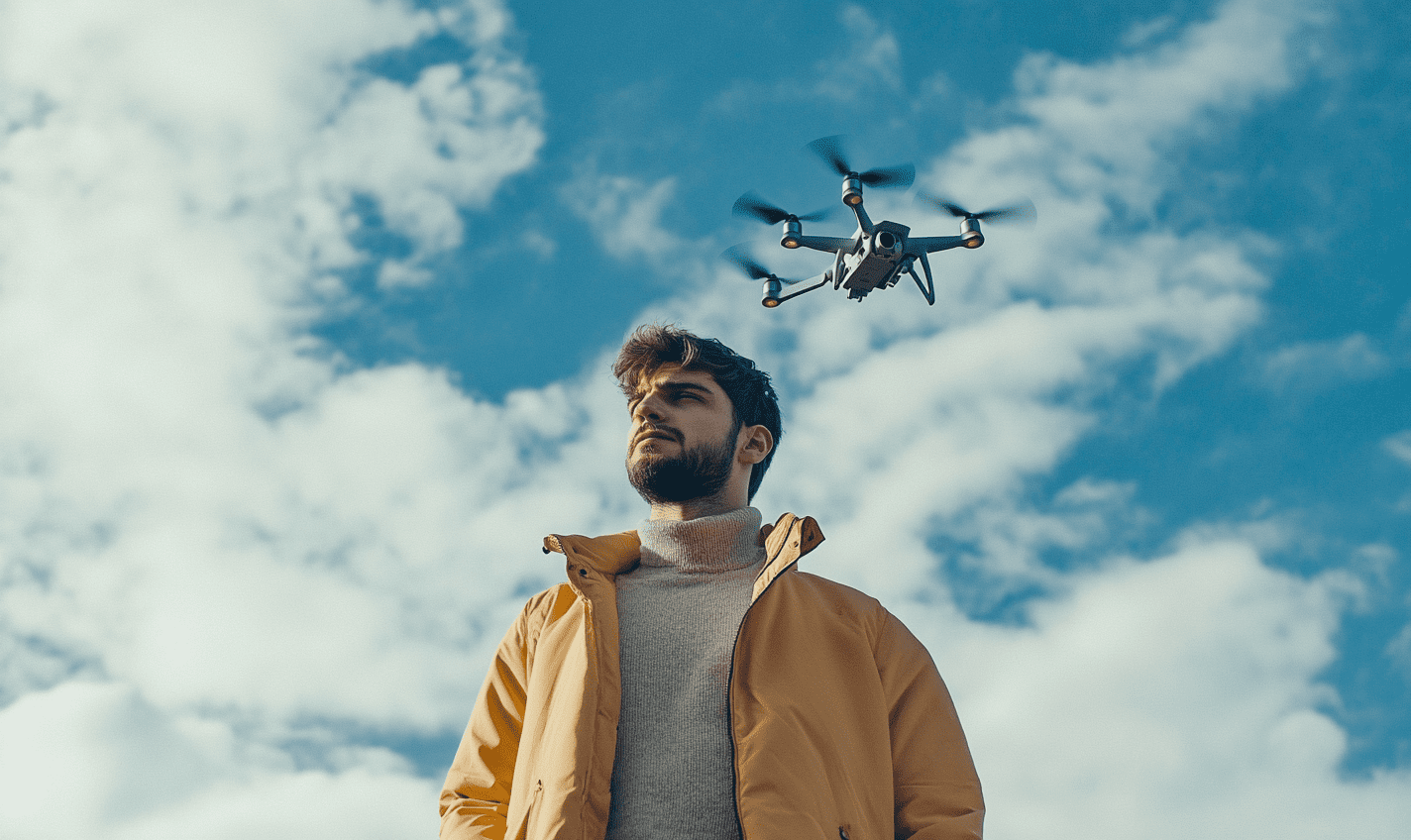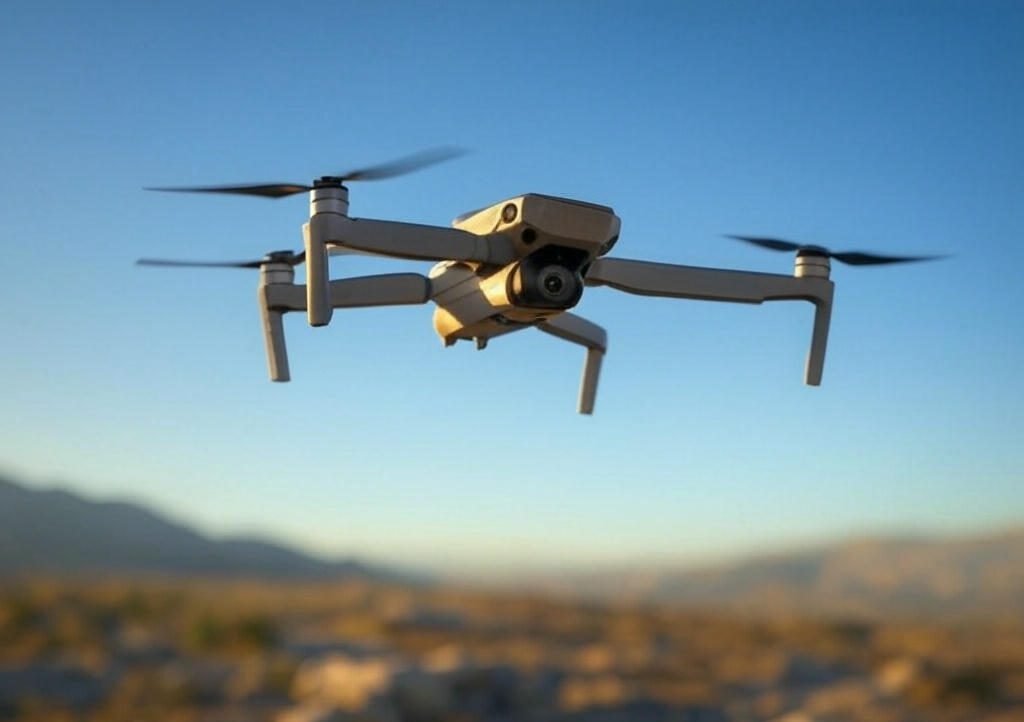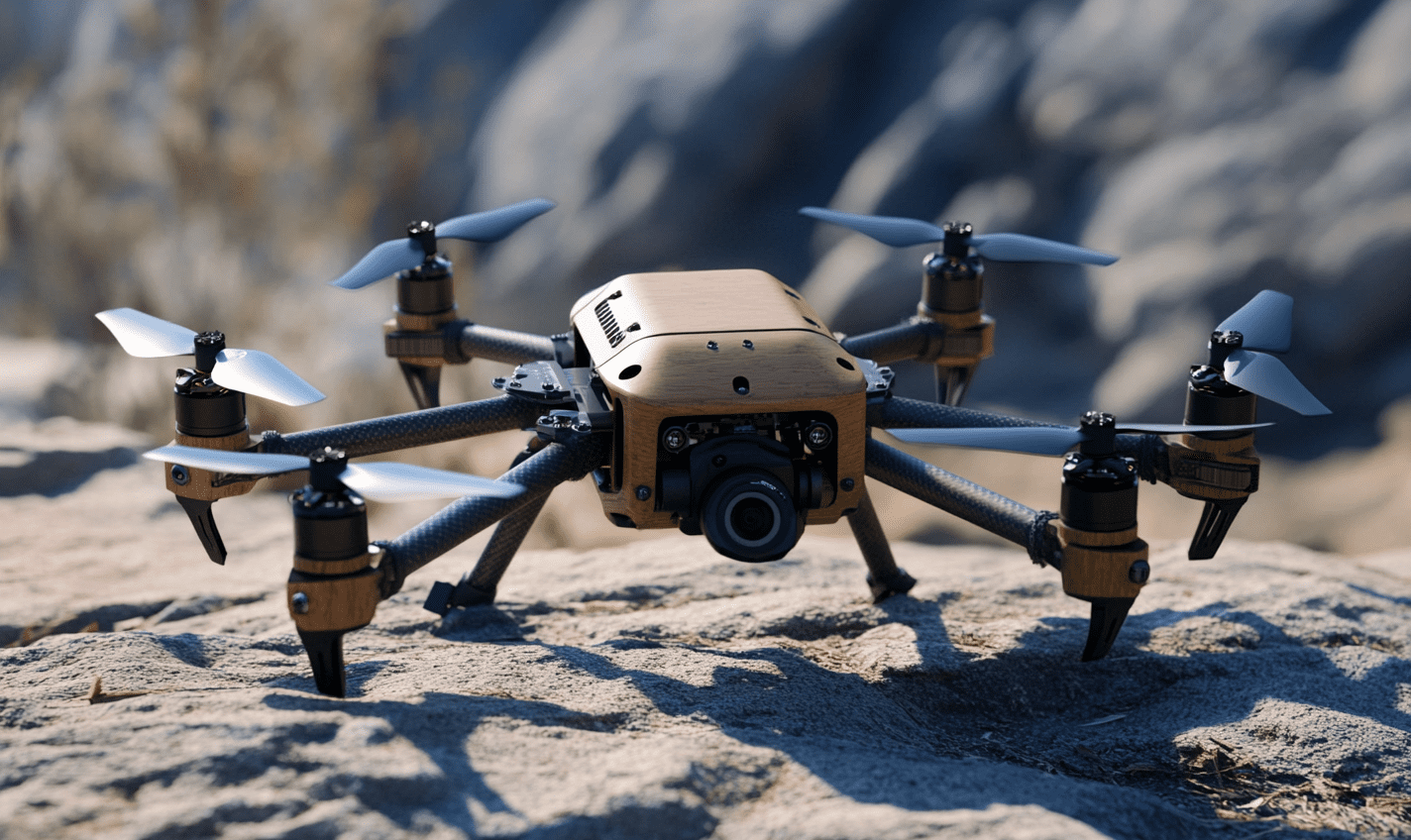In recent years, the agricultural sector has witnessed a remarkable transformation thanks to the integration of drone technology. These flying smart devices are changing how farmers monitor crops, manage resources, and maximize yields. Let’s explore how drones are revolutionizing modern farming practices.
Smart Crop Monitoring: Eyes in the Sky
Imagine having a bird’s-eye view of your entire farm at your fingertips. Agricultural drones equipped with high-resolution cameras and sensors provide exactly that. Farmers can now spot crop issues, pest infestations, and growth patterns before they become visible from the ground. This early detection system helps prevent crop losses and ensures timely interventions.

Precision Farming: Accuracy Meets Efficiency
Gone are the days of uniform field treatment. Drones enable precision farming by creating detailed field maps and identifying specific areas that need attention. Whether it’s targeted fertilizer application or selective pest control, these flying assistants help farmers optimize resource usage while reducing environmental impact.
Soil Analysis: Understanding the Ground Below
Modern agricultural drones don’t just observe from above – they help farmers understand what’s happening beneath the surface. Using specialized sensors and imaging technology, drones can analyze soil moisture levels, nutrient content, and terrain variations. This valuable data helps farmers make informed decisions about irrigation and fertilization needs.
Cost-Effective Farm Management

While the initial investment in drone technology might seem significant, the long-term benefits far outweigh the costs. Farmers report significant savings in water usage, fertilizer application, and pest control measures. Plus, the ability to prevent crop failures through early detection adds another layer of financial security.
Environmental Benefits
Drone technology in agriculture isn’t just about productivity – it’s also about sustainability. By enabling precise application of resources and reducing chemical usage, drones help minimize environmental impact. This smart approach to farming aligns perfectly with growing demands for sustainable agricultural practices.
The Road Ahead

As drone technology continues to evolve, we can expect even more innovative applications in agriculture. From automated planting systems to AI-powered crop analysis, the possibilities are endless. Farmers who embrace this technology today are positioning themselves at the forefront of agricultural innovation.
Getting Started with Agricultural Drones
For farmers considering drone technology, starting small with basic monitoring systems is recommended. As comfort and expertise grow, more advanced applications can be gradually incorporated into farming operations. The key is to view drone technology as a long-term investment in farm efficiency and sustainability.
Remember, successful implementation of drone technology requires proper training and compliance with local aviation regulations. But with the right approach, these flying assistants can become invaluable tools in modern farming operations.

